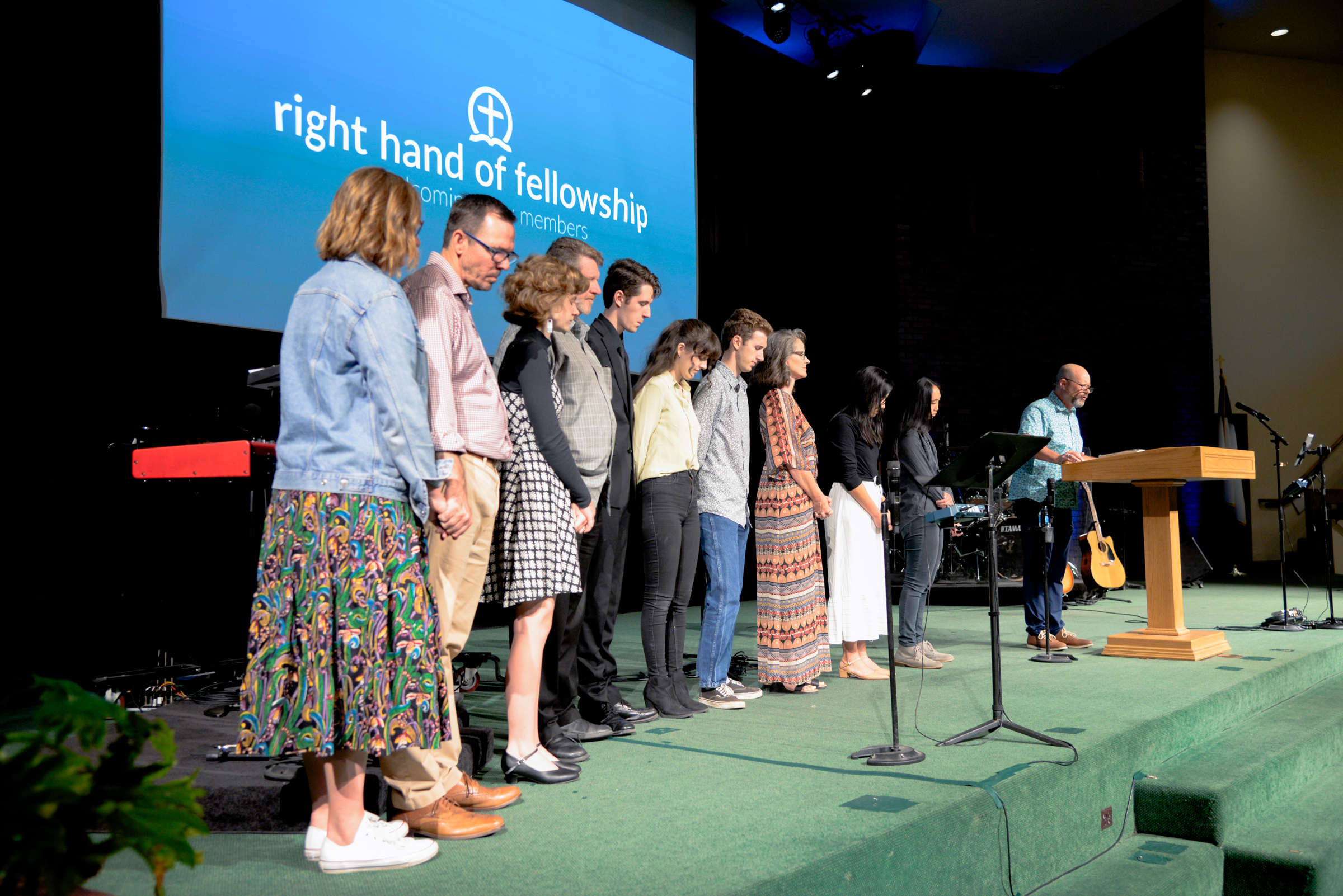Why Join the Church?
September 26, 2023Brad Kelley, on behalf of the Elders
All humans are social creatures by design. The Godhead; Father, Son, and Holy Spirit, existed together from eternity past in communion with one another. It follows that man, the unique bearer of God's Image, is also social by nature and necessity. Thus, believers have gathered together for worship (Ps 111:1), encouragement (Rom 1:11-12), edification (Eph 4:11-12), and accountability (Heb 13:17) from the beginning of the church.
The Bible knows nothing of “Lone Ranger” believers. Some might say, "What about John the Baptist?" It is common for those with no knowledge of scripture to rationalize their autonomy by citing, “the voice crying in the wilderness.” But that “voice”—John the Baptist—led a school and “Jerusalem was going out to him, and all Judea and all the district around the Jordan.” The “voice” may have originated in the wilderness, but it was not alone. Indeed, “He who separates himself seeks his own desire, He quarrels against all sound wisdom.” (Prov 18:1) The elevation of the individual self over all authority or accountability is a secular Enlightenment idea which has wormed its way into the church in the West and brought about the destruction of many.
Church membership is not explicitly commanded in scripture, but it is exemplified in the early church through the establishment of church government, church discipline, and the exhortation to serve for the purpose of mutual edification. Church membership is wise and necessary. Wedding vows, oaths of office, and the like tell those making them and those observing that this commitment is to God and man, that it is binding, and is an invitation to be held accountable to it. As such, it is not to be undertaken lightly. But every believer should seek a binding, accountable relationship (membership) with a local body of the faithful. As one church writes, “To become a member of a church is to formally commit oneself to an identifiable, local body of believers who have joined together for specific, divinely ordained purposes.”
Every believer should seek a binding, accountable relationship (membership) with a local body of the faithful.
Such a commitment is essential to the well-being of every believer who is serious about the walk of faith. To be excluded from the church is to be excluded from Christ. In scripture the local church is compared to a family. That is why Paul writes to the Ephesians, “we are members of one another.” The New Testament calls the church a “body” whose members are united but unique in form and function. There is an organic, mutually-beneficial relationship between its members. A hand, eye, or leg are useless when separated from the whole.
In society at large we often hear something like: “What right do you have to say, act, or require this or that of me?” When one joins with a local body one grants that right to other members and the church leadership. This gets to the essence of membership. Apart from that we run the risk of developing a sort of “God-and-me spirituality” with no support systems to hold us up when we are weak, no one to challenge us when we are wrong, and no one with whom we may celebrate the Lord’s goodness in our lives. In short, membership divorced from accountability is a sham.
Apart from that we run the risk of developing a sort of “God-and-me spirituality” with no support systems to hold us up when we are weak, no one to challenge us when we are wrong, and no one with whom we may celebrate the Lord’s goodness in our lives.
C.S. Lewis put it best when he said, "God can show Himself as He really is only to real men. And that means not simply to men who are individually good, but to men who are united together in a body, loving one another, helping one another, showing Him to one another. For that is what God meant humanity to be like; like players in one band, or organs in one body" (C.S. Lewis, Mere Christianity).
As Martin Lloyd-Jones said; “We must re-grasp the idea of church membership as the membership of the body of Christ and the biggest honor which can come man’s way in this world.”
For more information about membership at Calvary Bible Church please contact our church office at (818) 556-4840 or hello@cbcb.org. You can also register for our next membership class at cbcb.org/membership.
